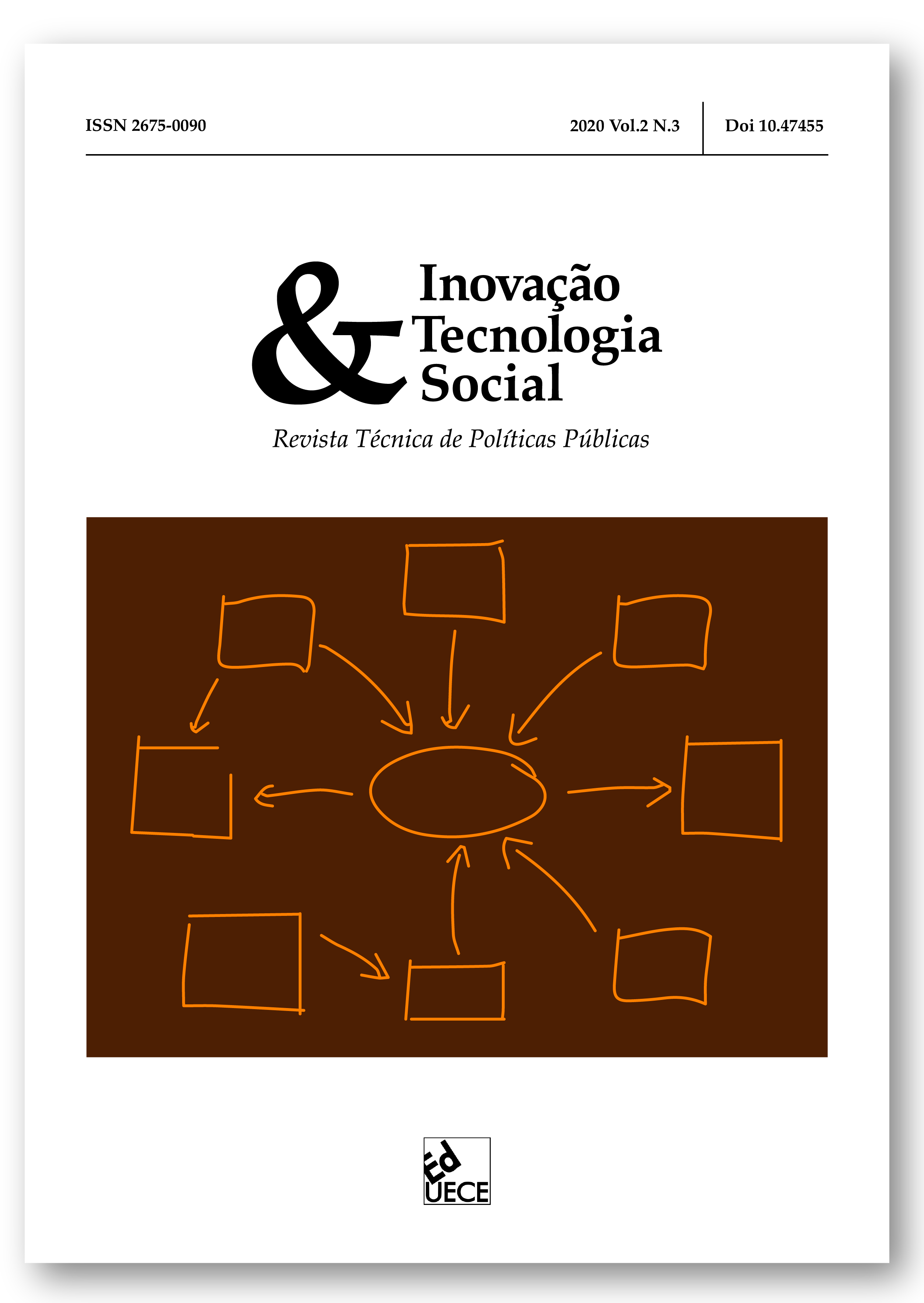A Importância da Política de Formação Continuada no Desempenho dos Servidores Público
DOI:
https://doi.org/10.47455/2675-0090.2019.1.3.3868Palavras-chave:
serviço público, formação continuada, escola de governo, escola de administração públicaResumo
O Brasil ao longo dos anos vem buscando organizar e reorganizar a administração pública, com desdobramentos da profissionalização do servidor público através da capacitação e formação continuada. Desde a vinda da família real portuguesa ao Brasil até os dias atuais se tem buscado através de legislações tímidas, prestar serviços de qualidade à população brasileira. Para tanto, foi criado as Escolas de Governo no Brasil, sob a ótica da formação e capacitação do servidor público, sendo que no Amapá, em 2009, foi criada a Escola de Administração Pública-EAP, com objetivo de planejar e executar a política de formação dos servidores estaduais. Neste sentido, o objetivo central deste estudo foi analisar as contribuições da EAP para a formação dos servidores do Estado do Amapá, por meio de pesquisa qualitativa, haja vista que considerou a relação dinâmica entre a realidade dos serviços prestados à população e as capacitações realizadas pela mesma, sendo que do ponto de vista do objetivo foi realizado uma pesquisa explicativa, pois fora analisado o levantamento de dados das avaliações de reação dos servidores, bem como as entrevistas com os diversos autores do processo, explicando-se os as relações pesquisadas por meio dos dados obtidos. É valido ressaltar que a pesquisa mostrou nesta política pública, a falta de acompanhamento sistematizado dos servidores referente às necessidades de capacitação e aproveitamento, explicitando a necessidade premente de melhoria na política pela qual a EAP é responsável.



